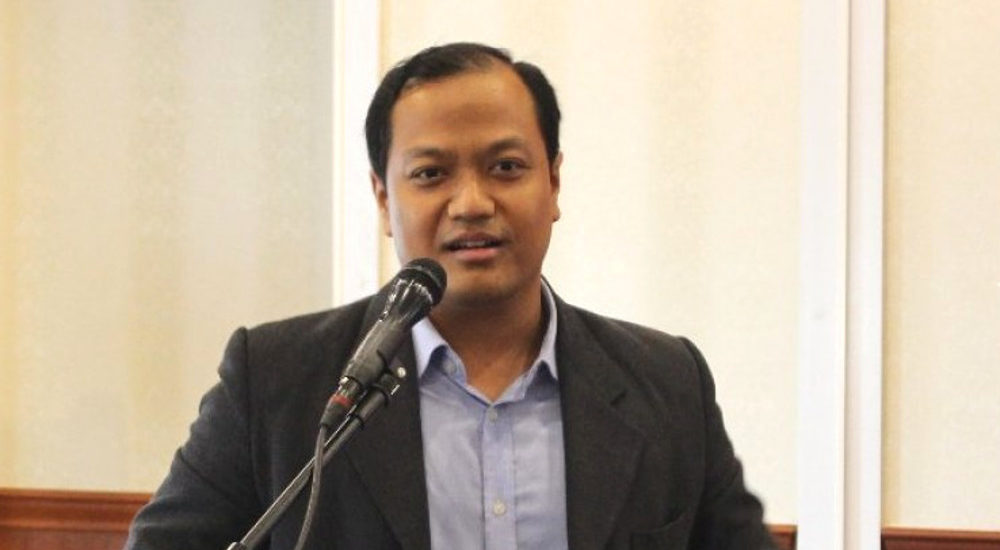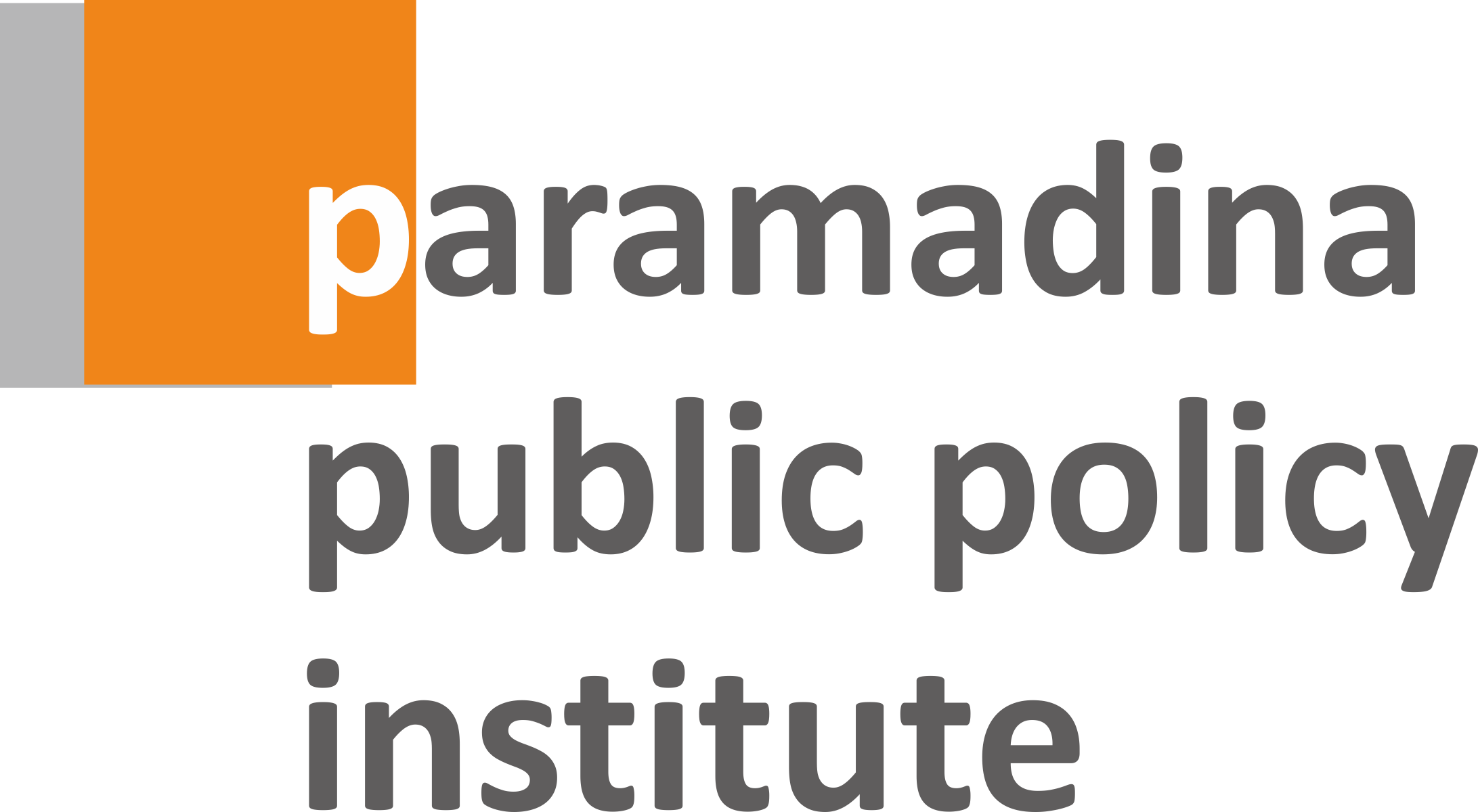- October 5, 2019
- Posted by: Muhamad Rosyid Jazuli
- Category: Anti Corruption, News

Managing Director of the Paramadina Public Policy Institute (PPPI) Ahmad Khoirul Umam considers the current composition of Indonesian parliamentary leaders does not reflect the spirit of change.
“The election of Puan Maharani as Speaker of the Indonesian Parliament, La Nyalla Mattalitti as Chairman of the DPD RI and Bambang Soesatyo as Chair of the MPR RI does not reflect the spirit of change in the legislative body,” Khoirul Umam said, Friday (4/10).
According to him, in addition to the three names being an old stock in the national political arena, the public must also be vigilant if the placement of the three names for such positions of the country’s high institutions is seen as a tradeoff of interests and desires to change the Indonesian state administration system after the reform.
“The indications of the tradeoff began to unearth when the elected MPR Chairman Bambang Soesatyo started to bring up the GBHN restoration discourse that led to the abolition of the open-and-direct presidential election, and returned the MPR-led presidential election,” he said.
He asks the public not to be fooled by arguments about the complexity of the administration and the high cost of the Presidential Election. Because, he said, the expensive price of democracy is an effort to guarantee political rights and freedom of the people to determine their own leaders.
In fact, according to him, the presidential election by the MPR will instead facilitate the consolidation of the power of the oligarchy to regulate all models of power play in this country.
“If that happens, Indonesia’s democracy will experience a very sharp setback,” the top leader of PPPI said.
He said the public could be relieved to have a new parliamentary leader through a smooth political process. However, the community must also be critical and vigilant in guarding this new legislative leadership journey. He reminded the performance of the three leaders of the state institutions must remain in accordance with the aspirations of the people and the spirit of reform.
If the three of them go along with the perpetuation of the old legislation work model, which likes to move quietly and stealthily to impose a number of concepts of constitution and legislation that crash into public aspirations, then it will potentially soon be confronted with the power of civil society.
“If that happens, political stability will be disrupted and chaos at the grass roots will be generated. As a result, instead of being able to focus on economic development and increase foreign investment, the government will instead be trapped in unproductive public controversies and debates,” he explained. (*)
This article has also been published by a number of media outlets like Republika and Antaranews.
